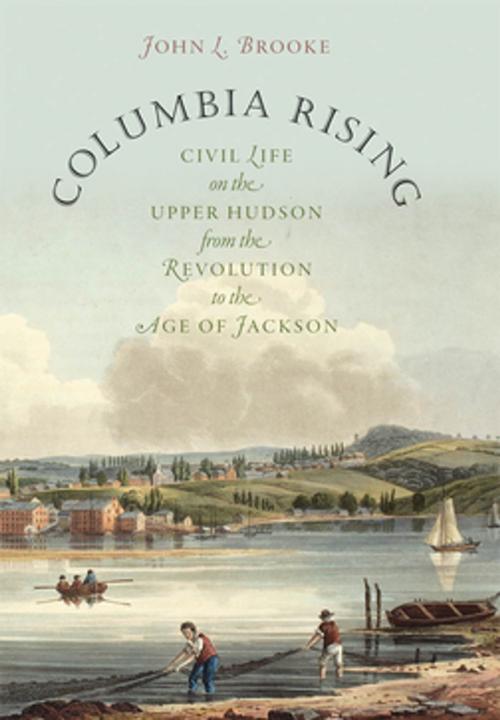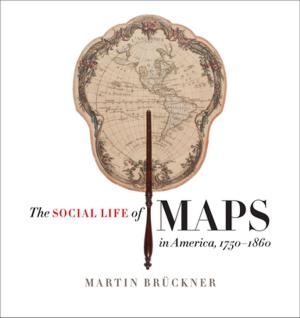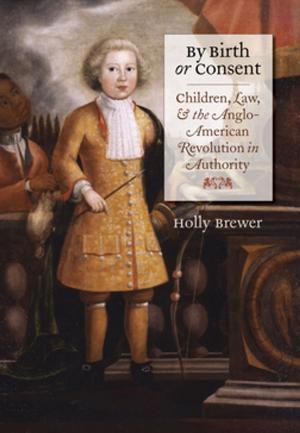Columbia Rising
Civil Life on the Upper Hudson from the Revolution to the Age of Jackson
Nonfiction, Social & Cultural Studies, Political Science, Government, Political Parties, History, Americas, United States, Revolutionary Period (1775-1800)| Author: | John L. Brooke | ISBN: | 9780807838877 |
| Publisher: | Omohundro Institute and University of North Carolina Press | Publication: | August 1, 2013 |
| Imprint: | Omohundro Institute and University of North Carolina Press | Language: | English |
| Author: | John L. Brooke |
| ISBN: | 9780807838877 |
| Publisher: | Omohundro Institute and University of North Carolina Press |
| Publication: | August 1, 2013 |
| Imprint: | Omohundro Institute and University of North Carolina Press |
| Language: | English |
In Columbia Rising, Bancroft Prize-winning historian John Brooke explores the struggle within the young American nation over the extension of social and political rights after the Revolution. By closely examining the formation and interplay of political structures and civil institutions in the upper Hudson Valley, Brooke traces the debates over who should fall within and outside of the legally protected category of citizen.
The story of Martin Van Buren--kingpin of New York's Jacksonian "Regency," president of the United States, and first theoretician of American party politics--threads the narrative, since his views profoundly influenced American understandings of consent and civil society and led to the birth of the American party system.
Brooke masterfully imbues local history with national significance, and his analysis of the revolutionary settlement as a dynamic and unstable compromise over the balance of power offers an ideal window on a local struggle that mirrored the nationwide effort to define American citizenship.
In Columbia Rising, Bancroft Prize-winning historian John Brooke explores the struggle within the young American nation over the extension of social and political rights after the Revolution. By closely examining the formation and interplay of political structures and civil institutions in the upper Hudson Valley, Brooke traces the debates over who should fall within and outside of the legally protected category of citizen.
The story of Martin Van Buren--kingpin of New York's Jacksonian "Regency," president of the United States, and first theoretician of American party politics--threads the narrative, since his views profoundly influenced American understandings of consent and civil society and led to the birth of the American party system.
Brooke masterfully imbues local history with national significance, and his analysis of the revolutionary settlement as a dynamic and unstable compromise over the balance of power offers an ideal window on a local struggle that mirrored the nationwide effort to define American citizenship.















